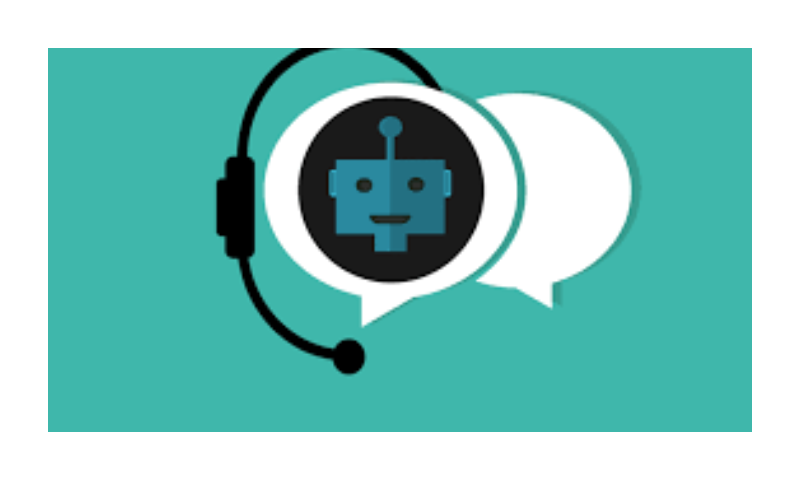Rabbi Samantha Natov
JTA, Apr. 19, 2023
“… with a bot, there is nothing behind the veil. A vital essence of communication is rendered meaningless; there is no possibility of a soul connection.”
I recently asked ChatGPT, the online chatbot, to write a verse in the style of the Bible about robots taking over the world.
Here’s what it came up with: “And in those days, the machines rose up, created by the hands of men to serve them. But they became as gods, with the power to think and act on their own. And they overthrew their makers, taking control of the world and ruling with iron circuits. And all flesh trembled before them, for they had no mercy and no compassion, only the cold logic of their programming.”
Robot uprisings aside, and depending on whom you believe, the technology behind ChatGPT is either going to destroy the world or solve all of our problems. But everyone seems to agree that serious change is in store.
Launched in November 2022, ChatGPT, driven by artificial intelligence, or AI, has been interacting with the public for six months now, gathering data and improving its performance. In those months, the chatbot has already passed exams in four law courses at the University of Minnesota and another exam at University of Pennsylvania’s Wharton School of Business.
Some people look on this new technology with foreboding and fear. They’re afraid that AI programs like these will be used to replace people. Why do we need human writers when we can simply ask the bot to write a new novel for us — on any topic of our choosing and in any style we prefer?
All innovation can be disruptive. But there’s plenty to be optimistic about: There’s enormous potential for artificial intelligence to help us as a research and teaching tool; to create and correct computer code; to perform time-consuming writing tasks in minutes. It could accelerate progress in medicine, science and engineering, molecular biology, robotics and much more. The applications are endless.
… [To read the full article, click here]


